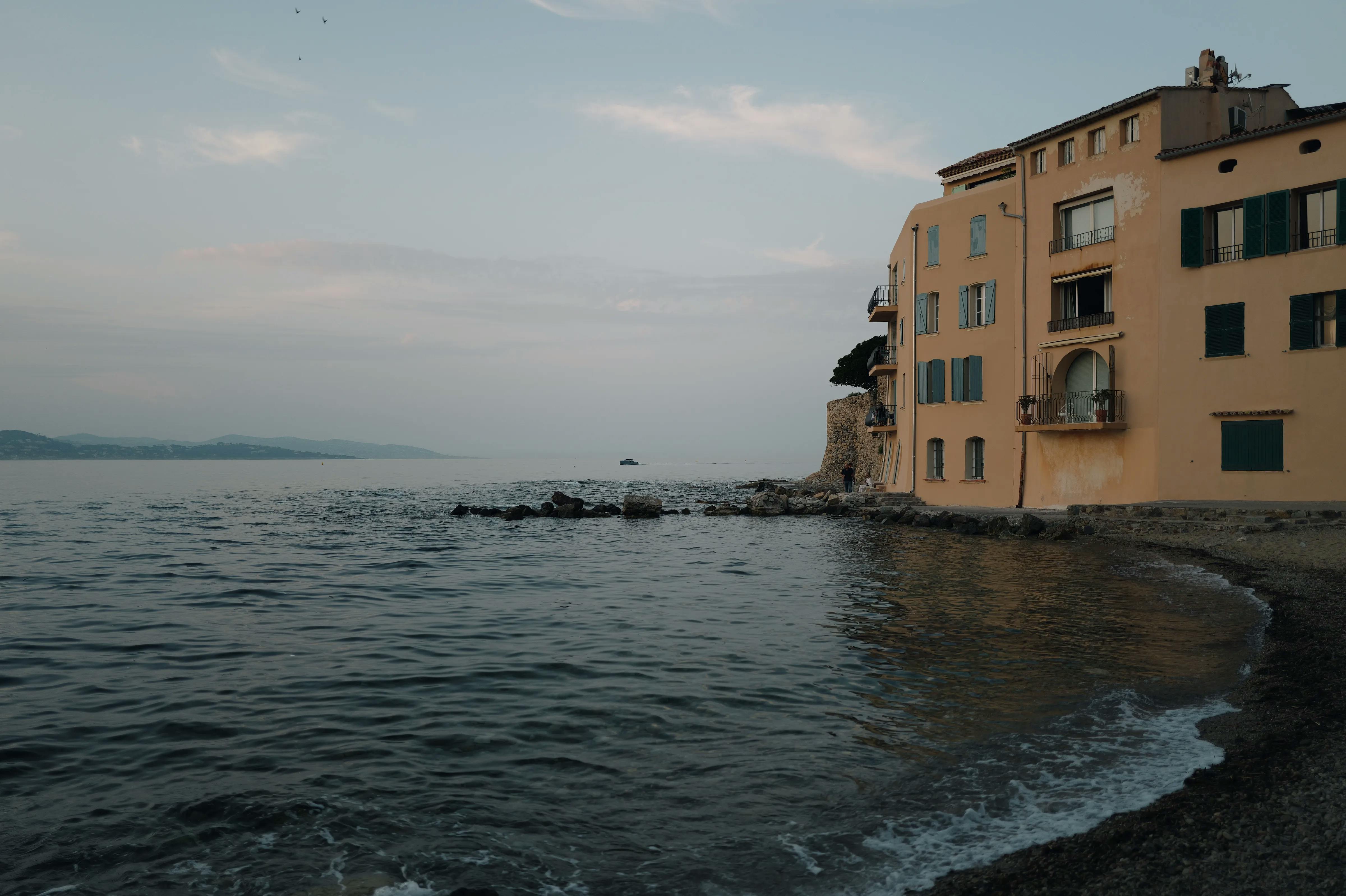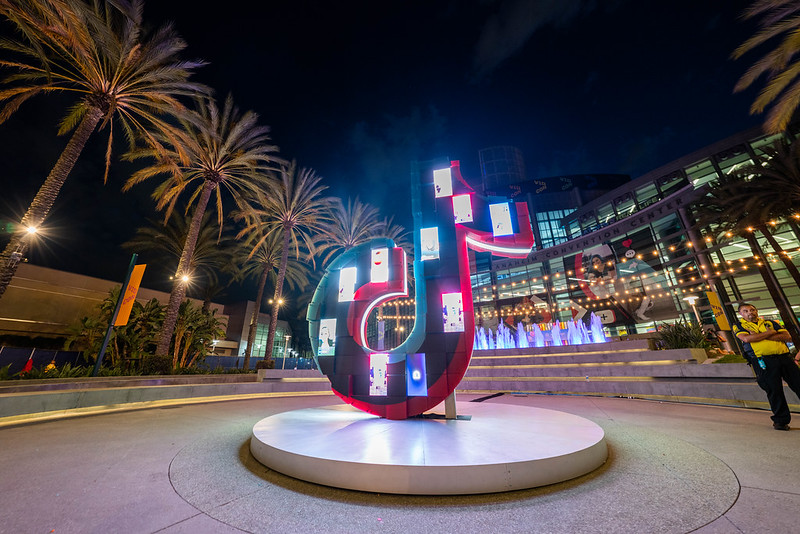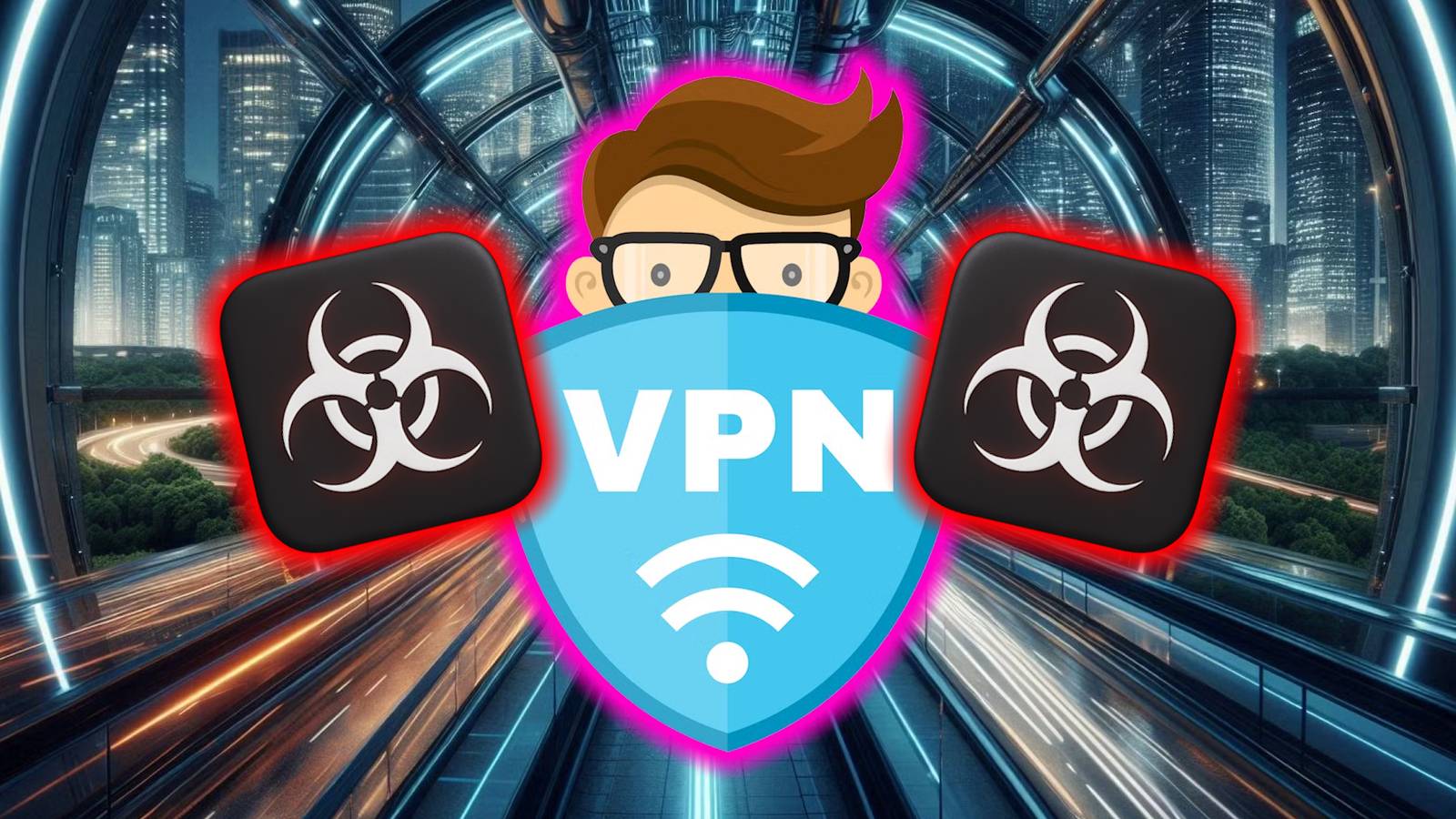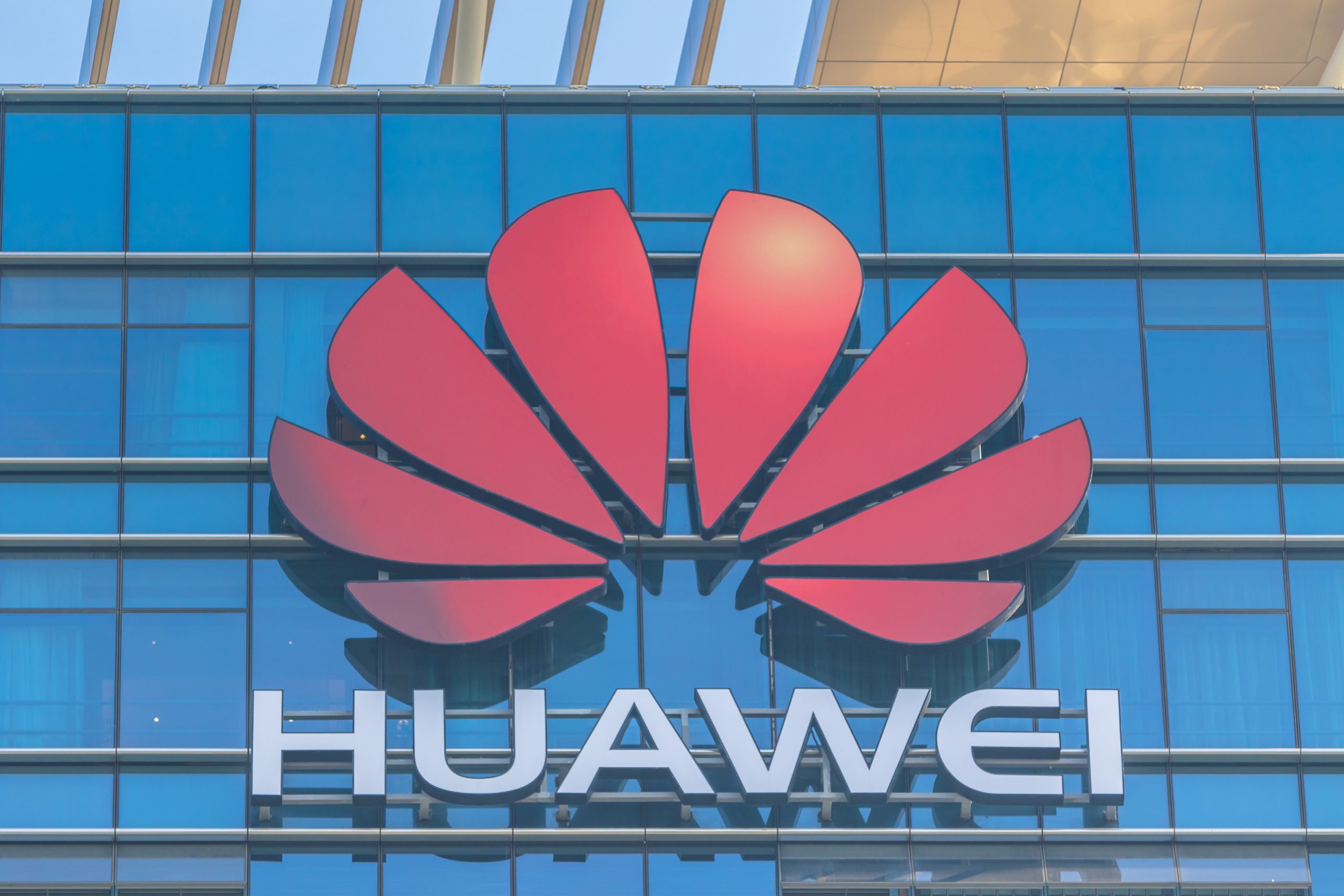For months after exiting my company, that question felt less like a conversation starter and more like a verdict. It almost broke me.
On the surface, things looked great. I moved my family to the South of France for a year. But this wasn’t a victory lap. It was an emergency brake. My nervous system was fried. Years of scaling a business had rewired me to operate at 150%, 24/7.
Lately, in my work with other founders, I see myself in them. They’re brilliant, successful, and running on a treadmill that’s speeding up every quarter. They believe, just like I did, that this is the only way. That faster is always better.
What I’ve found incredibly fulfilling isn’t just solving their growth challenges. It’s helping them connect the dots between the business they’re building and the life they actually want to live.
Because that’s when I ran head-first into an invisible rule of success.
After a big win, you’re supposed to have a sexy next act. Another startup. A VC fund. A polished announcement that makes people say, “Of course. That’s genius.”
The real win should be the freedom to choose.
I was lucky. I got to exit before I hit my absolute limit. And in the quiet that followed, I realized it is absolutely possible to build a business with an intentional next phase in mind.
Maybe “Phase 2” for you isn’t selling the company.
Maybe it’s scaling back to a lifestyle business.
Maybe it’s hiring your replacement so you can step away.
Maybe it’s finally taking that six-month sabbatical without the company falling apart.
The strategy doesn’t matter as much as the intention.
The critical work is connecting the dots between the life you desire — and how you want to feel living it — and the business you are running. Only then can you see the gap and build the bridge to get there.
Now, I know a year in France is a privilege born from an exit that most can’t afford.
But the need for this reflection isn’t a luxury — it’s a necessity, especially for those of you whose businesses are starting to pick up or already doing quite well.
The treadmill doesn’t offer you a pause button; you have to build one yourself. You have to decide that your life is as important as your revenue goals.
This isn’t about waiting for a break. It’s about having the courage to block a Friday afternoon on your calendar for strategic thinking — and actually honoring that commitment. It’s about asking whether the next hire, the next product feature, or the next funding round is bringing you closer to freedom or just tightening the golden handcuffs.
That honest, uncomfortable space — the one I had to fly 7,000 km to find — is what led to the book I’m writing now. A chapter that began not with a bang, but with a quiet, deliberate plan to build a life, not just a career.











